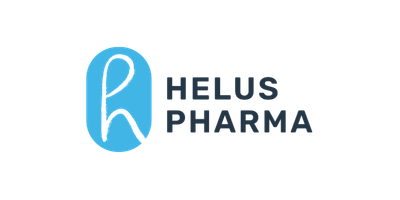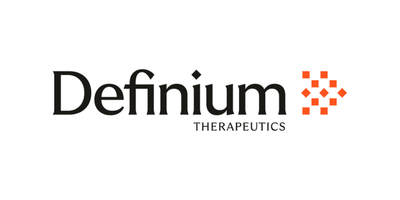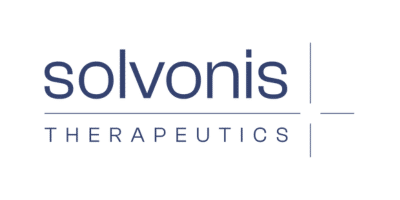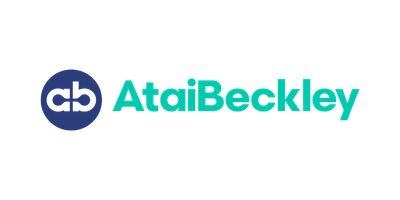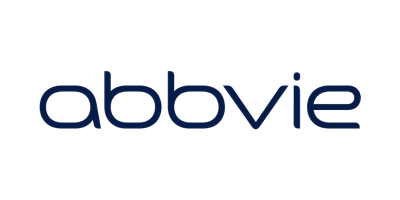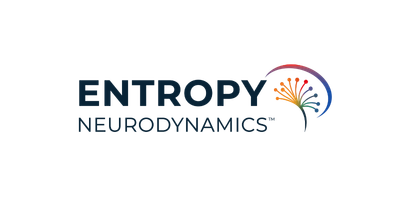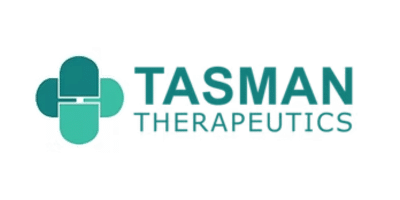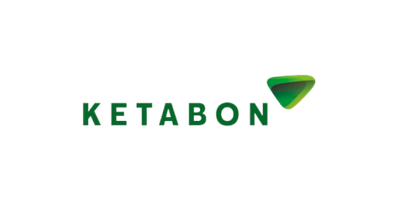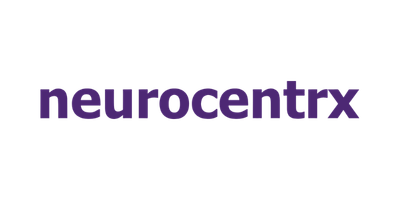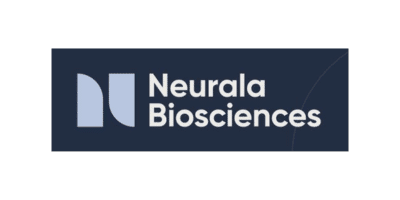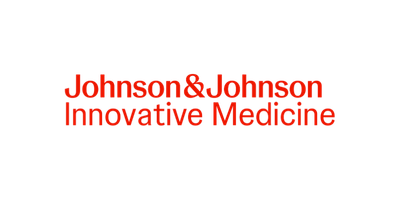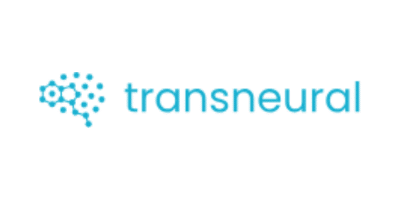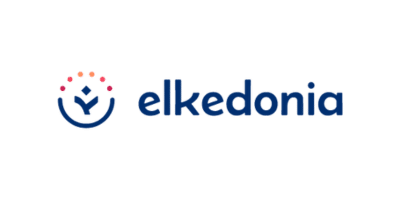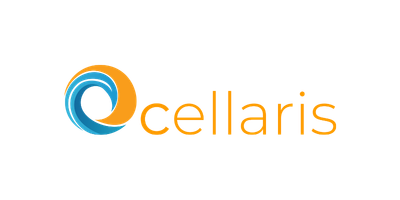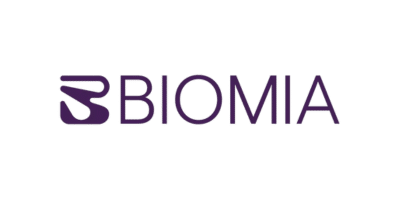Discovery
The very first stage of the drug development process is the discovery of one or multiple suitable molecules that have therapeutic potential for improving certain diseases. The discovery process includes screening many molecules in the laboratory to identify those with desired properties before they are considered to be lead candidates that may progress to preclinical studies.
Preclinical
The preclinical stage involves lab and animal testing to identify one or more lead compounds and determine if they are safe for human testing.
Phase I
Phase I clinical trials are intended to establish initial safety in humans. The drug is given to a small number of healthy volunteers to test for possible side effects and determine what the safe dosing range is.
Phase II
Phase II clinical trials are the first in which the drug is tested in a small group of patient volunteers with the disease it is meant to treat. Phase II studies assess the safety and efficacy of the drug across a range of doses. Due to the small number of patients involved, conclusions about overall efficacy cannot be drawn, however Phase II trials provide guidance on how to optimally design larger Phase III trials to confirm the drug’s safety and efficacy.
Phase III
Phase III trials, also known as pivotal trials, demonstrate a drug’s safety and efficacy in a large group of patients. Typically, at least two successful Phase III trials are required in order to provide sufficient evidence of efficacy. Given the large number of patients required, Phase III trials are most often multi-centre, international trials.
Approval
At this stage, pharmaceutical companies can submit applications for drug approval. Regulatory authorities, such as the Food and Drug Administration (FDA) in the United States, review the data generated in all the studies (from preclinical to phase III), and after weighing the benefits and risk of the potential medicine, decide whether to grant approval.




